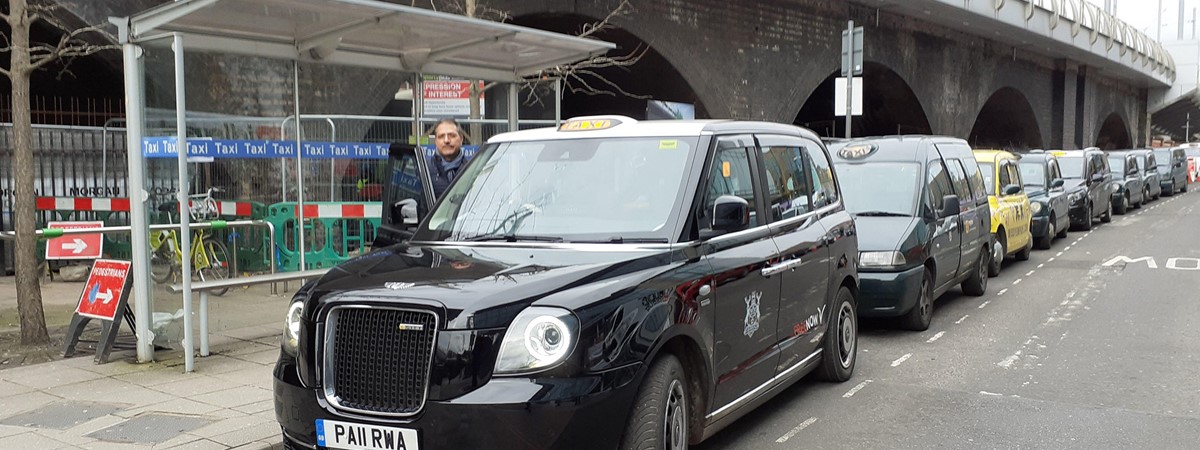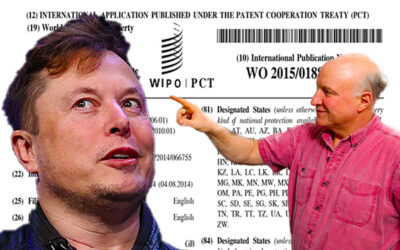[ad_1]

Electric taxis in Nottingham will be the first vehicles to make use of the technology as it will be installed in taxi ranks in the city as an alternative to plugs and chargepoints, with multiple taxis being able to charge at once.
The DfT also said that as people increasingly make the switch to electric cars, the new technology could be rolled out more broadly for public use, helping everyday drivers of electric vehicles charge more easily on the go.
It added that electrifying taxi fleets in congested city areas is crucial in bringing down transport emissions and improving local air quality. It could also improve the earnings potential of taxi drivers, as they will be able to recharge by parking over five plates in the road while waiting for their next passengers.
Wireless charging was launched for buses in Milton Keynes in 2014, but the vehicles could only recharge at the start or end of their routes.
Grant Shapps, transport secretary, said: “Taxi drivers up and down the country are at the vanguard of the electric vehicle revolution, playing a leading role in reducing air pollution in our city centres where people live, shop and work.
“New wireless technology will make using an electric taxi quicker and more convenient, allowing drivers to charge up at taxi ranks before heading off with their next passenger.”
Ten electric taxis in Nottingham will be fitted with hardware to enable them to use the wireless charging area. Nottingham City Council will own the vehicles and provide them to drivers rent free in a six-month trial.
If the scheme is successful, the wireless charging technology could be opened out to other motorists.
Andrea Leadsom, secretary of state for business, energy and industrial strategy, said: “Charging technology, including wireless, is vital in giving consumers confidence to make the switch from petrol to electric cars. This pioneering trial in Nottingham, and others like it, will help us take crucial steps towards lower emissions and cleaner air.
“We are determined to end our contribution to global warming entirely by 2050 and delivering cleaner and greener transport systems is a key part of this.”
In July last year, the DfT awarded a share of a £37m grant to east London-based firm char.gy, which plans to install wireless charging systems on residential streets to help electric car owners who do not have off-street parking.
In 2016, researchers developed a wireless charging system for electric vehicles that is 90 per cent efficient.
[ad_2]
Source link
2020-01-17 13:14:32
Jack Loughran
[author_name]:author name
https://eandt.theiet.org/content/articles/2020/01/nottingham-s-electric-taxis-to-trial-wireless-charging-system/
https://eandt.theiet.org/content/articles/2020/01/nottingham-s-electric-taxis-to-trial-wireless-charging-system/
eandt.theiet.org





0 Comments